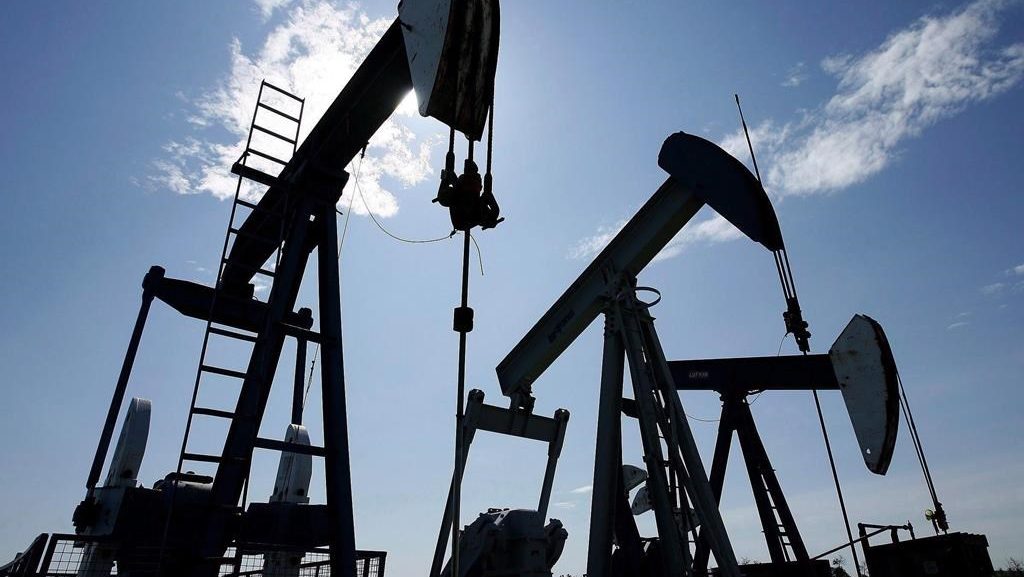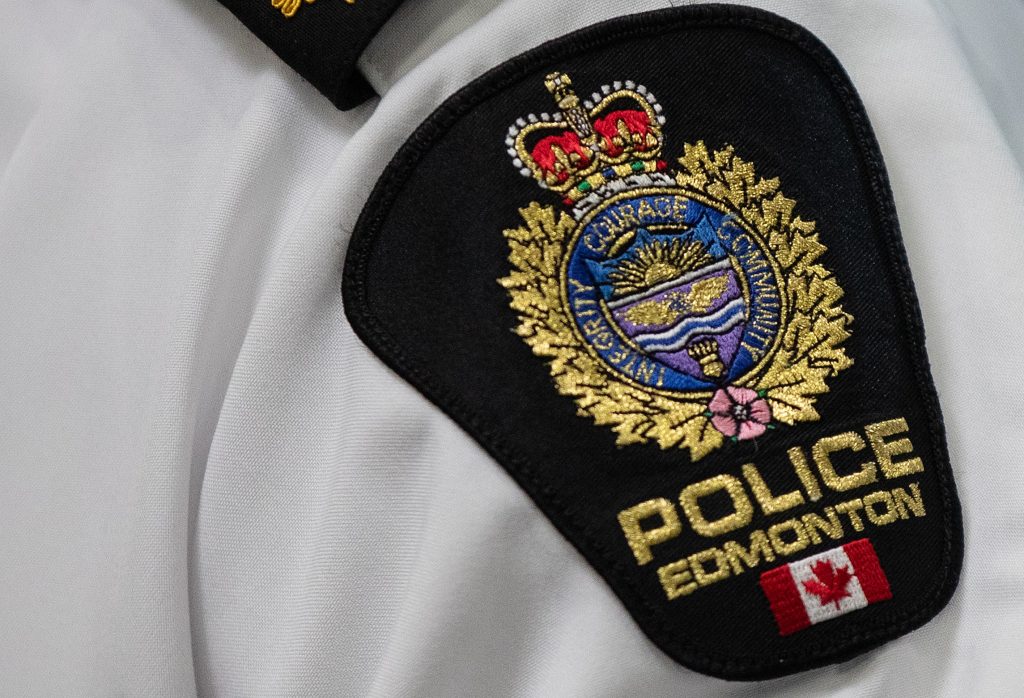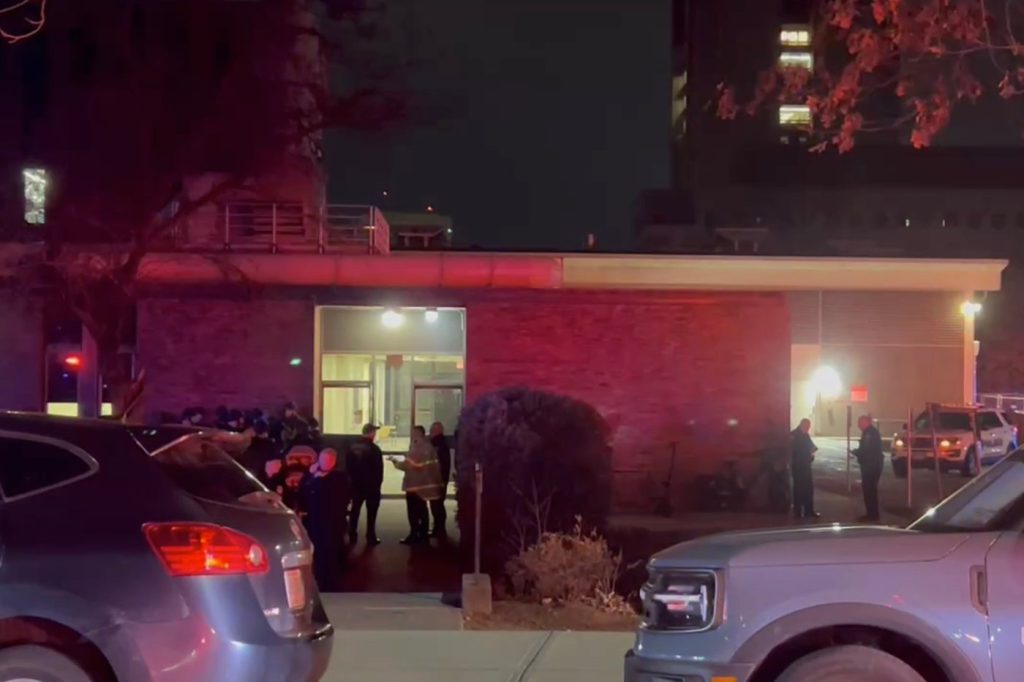Pipeline dreams: Is there even a market for Alberta’s heavy crude oil in Asia?

Posted June 4, 2025 3:15 pm.
Last Updated June 4, 2025 7:11 pm.
More Alberta oil. Fewer emissions.
That’s the message from the provincial government in a Wednesday news release that touts a 20 per cent increase in energy production since 2015, with a nine per cent drop in emissions.
That appears to be good news as the Alberta premier pushes for more pipelines while promising carbon capture expansion.
“If we had a million-barrel-a-day pipeline going to the northwest B.C. coast, that would generate about $20 billion a year in revenues,” Alberta Premier Danielle Smith said. “And so that seems like a pretty good value proposition.”
Premier Smith says she’s encouraged by discussions this week at the First Ministers’ meeting in Saskatoon.
But out west there is still firm opposition, with B.C. Premier David Eby attempting to pump the breaks on pipeline proposals.
“We don’t support lifting the tanker ban, the oil tanker ban, off the north coast of British Columbia,” Premier Eby said, speaking from Japan while on a 10-day trade mission in Asia.
“It’s not my job to come in an tell Premier Smith that her vision for a north coast pipeline is many, many years off and there’s no proponent at this point. My job is to ensure that British Columbia’s interests are protected and promoted.”
READ: B.C. pushes back on Alberta’s pipeline pitch as premiers, PM meet in Saskatoon
But B.C.-based energy journalist Markham Hislop believes opposition from British Columbia is not the biggest barrier to getting a project done.
“Too bad David Eby, if the federal government is willing to take the political heat for it, they can make that happen, they have the constitutional jurisdiction,” said Hislop, with Energi Media.
The biggest hurdle, he says, is making the dollars and cents add up. Hislop says the cost to get heavy crude from the Middle East to China is way cheaper than from Alberta.
“Not the industry, Smith, Carney, nobody has asked the question: are there customers in Asia for Alberta’s heavy crude oil?” Hislop said. “My work suggests there’s not, and I would like someone to show their math to prove that there is.”
Smith is calling her pitch to B.C. a “grand bargain,” promising less pollution – by using cleaner technologies – in exchange for more port access.
Albertans may remember a similar “social licence” strategy used by Rachel Notley. The former NDP premier brought in a carbon tax and phased out coal power, securing approval for the Trans Mountain pipeline expansion.
But because Smith opposes carbon taxes and is fighting an oil and gas emissions cap, it’s not clear exactly what the sell is on the environmental side, according to University of Alberta professor Andrew Leach.
“We’re back to a world where Alberta is coming to the table and saying, ‘we want pipelines this way, that way, and the other way. We want all of the environmental regulations from the federal government removed and we want the freedom to abandon carbon pricing if we so chose.’ So, it’s almost like we’re back to the ‘we’d like everything and expect nothing from us,’” said Leach, a professor of economics and law.
Still, Prime Minister Mark Carney has promised to get nation-building projects done faster. He is considering a new pipeline if it’s to get “decarbonized barrels” of Alberta oil to broader markets.








